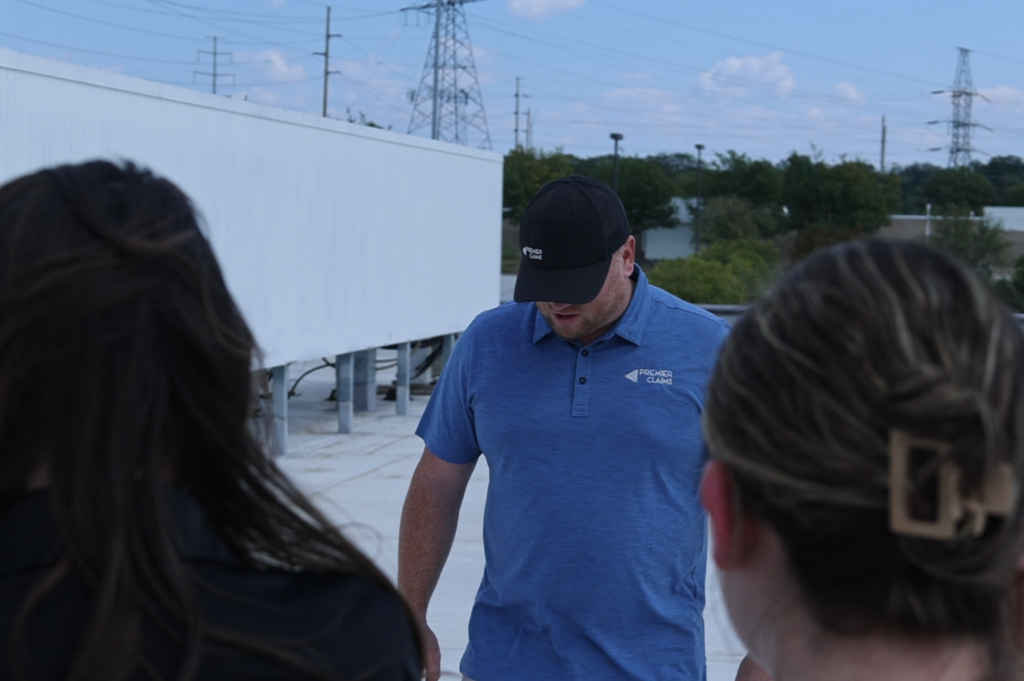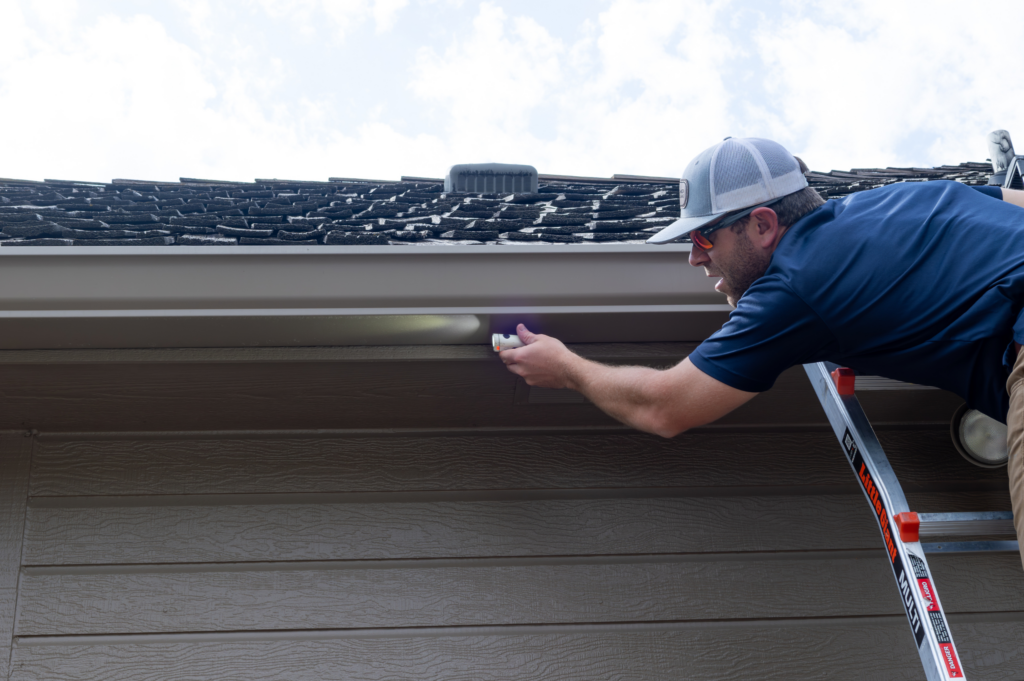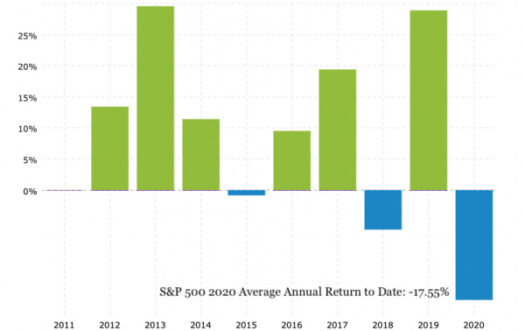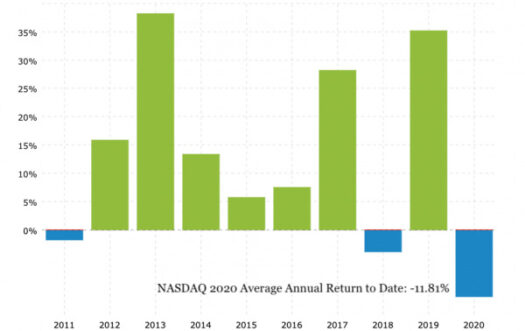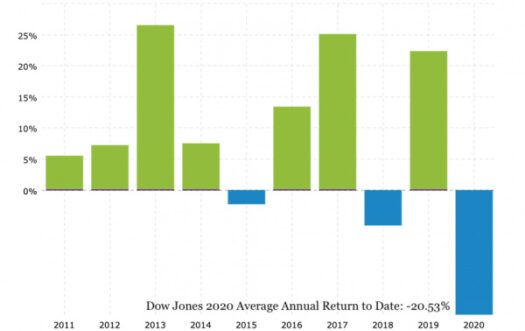A hailstorm hits your area, leaving a trail of damage in its wake. Amidst the chaos, you’re left wondering about the aftermath, not just in terms of property damage but also the looming uncertainty of insurance premiums. Will your premiums go up if you seek professional help in navigating the claims process?
Understanding Insurance Premiums
Insurance carriers assess several factors when calculating premiums. This includes the likelihood of future claims and the overall risk associated with insuring a property. However, it’s important to note that insurance carriers cannot legally raise premiums solely due to an Act of God, such as a hailstorm, flood, or hurricane.
Factors Influencing Premium Increases
Insurance carriers may increase premiums based on two primary factors:
Fault of the Policyholder
Premiums may increase if the policyholder is deemed at fault for the property damage. For example, if a policyholder recklessly drives a vehicle into their building, resulting in damage, the insurance carrier may raise premiums to reflect the increased risk associated with insuring the property.
Catastrophe Area
Premiums may also increase if the property is located in a “Catastrophe Area.” This designation typically applies to regions affected by severe storms, such as hurricanes or tornadoes. Areas where severe storms cause multiple claims to be filed in the area. In such cases, insurance carriers may raise rates for all policyholders in the affected area to help mitigate the financial impact of widespread damage.
The Role of Public Adjusters
Public adjusters play an important role in the insurance claims process. These professionals advocate for policyholders and assist in navigating the complexities of filing insurance claims. Contrary to common misconceptions, hiring a public adjuster should not inherently cause insurance premiums to increase.
Public adjusters work tirelessly to fight for policyholders to receive fair and equitable compensation for their losses. They possess in-depth knowledge of insurance policies and regulations. This allows them to negotiate effectively with insurance carriers on behalf of the policyholder. By leveraging their skills, public adjusters strive to earn the best settlement possible for a claim, in turn expediting the claims process. To learn more about the role a public adjuster can play in your claim, read our blog: What is a Public Adjuster?
Connect with Premier Claims
If you’re considering hiring a public adjuster or have questions about your insurance premiums, our team at Premier Claims is here to help. We comprehend the complexities of the insurance industry and pledge to serve as a trusted resource for policyholders. Contact us today for an inspection or to have your policy reviewed by our experienced team.
Working with a public adjuster should not result in an increase in insurance premiums. Insurance carriers primarily base premium adjustments on factors such as fault and Catastrophe Area designations. Public adjusters play a vital role in advocating for policyholders. Don’t hesitate to seek assistance from our team at Premier Claims, we’re here to support you every step of the way.

